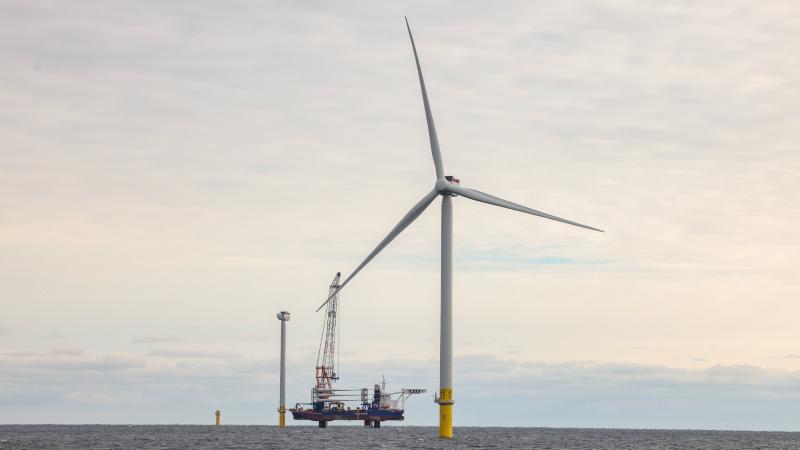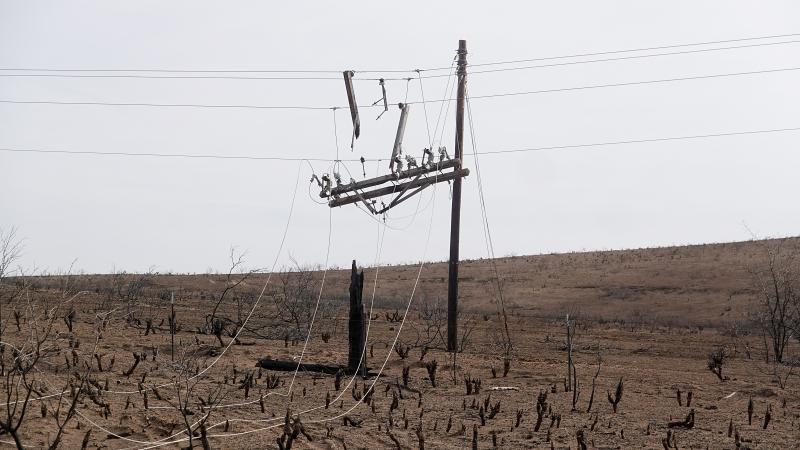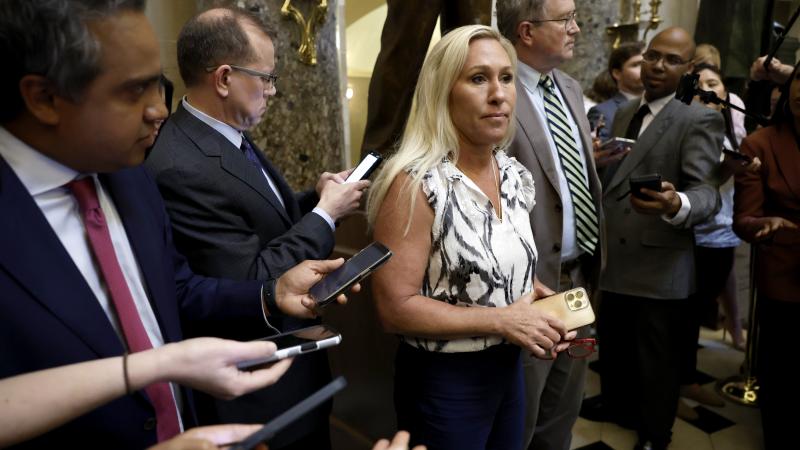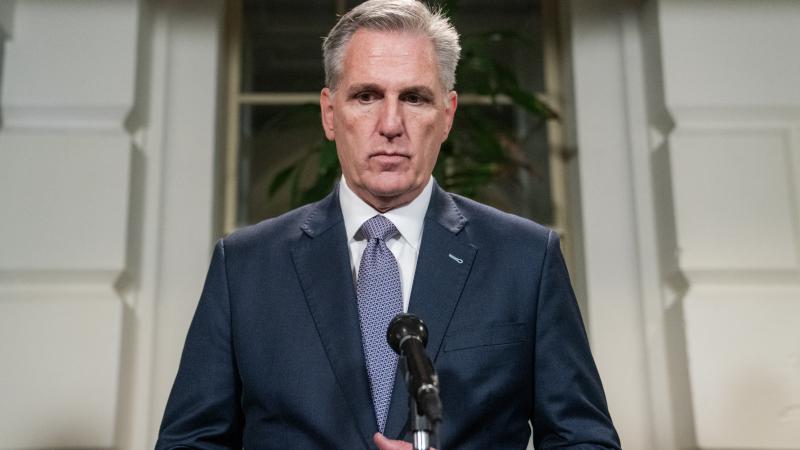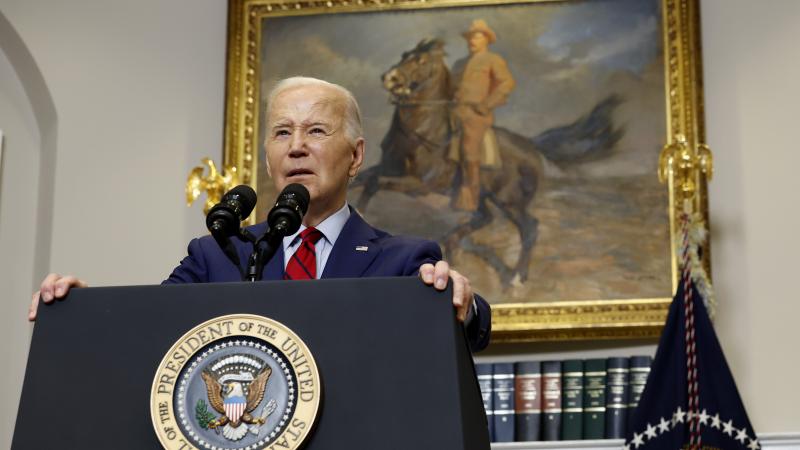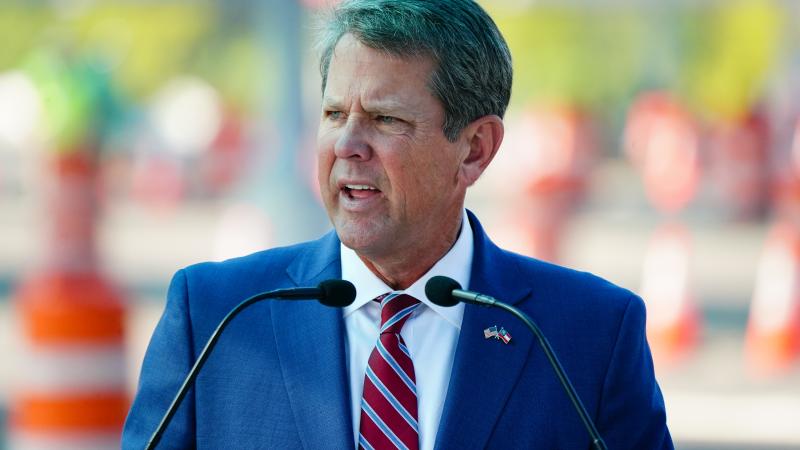House GOP expands ESG inquiry to major asset managers
GFANZ and NZAM, they assert, may have violated antitrust laws by "coordinating their members' agreements" to decarbonize their assets.
The House Judiciary Committee on Thursday sent letters to several asset managers and climate organizations over potential antitrust violations related to "decarbonization" agreements between firms as part of a larger investigative inquiry into Environmental, Social, and Governance (ESG) practices in the financial sector.
ESG investing is the practice of using investor capital to advance non-financial goals, among them those outlined in ESG initiatives. Conservative critics have contended that the practice may constitute a breach of an asset manager's fiduciary duties to its investors.
The Judiciary Committee in June issued a subpoena to climate group Ceres over a concern that its Climate Action 100+ initiative may have violated antitrust law.
The Thursday inquiries address the same issue, namely that cooperation between asset managers to advance ESG initiatives may result in harmful effects on the economy and particularly impact disfavored industries such as fossil fuels.
Writing to asset managers BlackRock, Vanguard, and State Street, as well as climate groups Net Zero Asset Managers initiative (NZAM) and the Glasgow Financial Alliance for Net Zero (GFANZ), Reps. Jim Jordan, R-Ohio., Thomas Massie, R-Ky., and Dan Bishop, R-N.C., suggested that each of the asset managers "has potentially violated U.S. antitrust law by entering into agreements to 'decarbonize' its assets under management and reduce emissions to net zero—with potentially harmful effects on Americans' freedom and economic well-being."
GFANZ and NZAM, they assert, may have violated antitrust laws by "coordinating their members' agreements" to decarbonize their assets.
NZAM is a coalition of financial firms committed to ESG investing with the aim of steering capital toward firms seeking to reach the Paris Climate Accord's goal of net-zero emissions by 2050. It is a component sector-specific alliance of GFANZ.
The lawmakers asserted that NZAM's goals would require "draconian" measures such as stark declines in the use of entire means of energy, namely fossil fuels and that doing so would require "choking off investment" in oil and gas.
"Such restrictions limit output and increase prices, and deprive businesses of investments and consumers of choices," they wrote. "The potential consequences for American freedom and economic well-being are far-reaching."
Vanguard, notably, left NZAM last December, with CEO Tim Buckley determining that the asset manager could not financially justify such practices to its investors and that Vanguard could not feasibly determine appropriate practices for the many firms in which it invests.
"Our research indicates that ESG investing does not have any advantage over broad-based investing," he said. "It would be hubris to presume that we know the right strategy for the thousands of companies that Vanguard invests with... We just want to make sure that risks are being appropriately disclosed and that every company is playing by the rules."
Despite the asset manager's withdrawal from NZAM, the lawmakers still seek documents related to Vanguard's entry into and withdrawal from the bloc, how it determined its decarbonization targets, how it pursued those targets, and documents related to inter-firm efforts to reach an agreement on the approach to net zero emissions.
The lawmakers sought the same of the other firms and climate groups.
Ben Whedon is an editor and reporter for Just the News. Follow him on Twitter.

